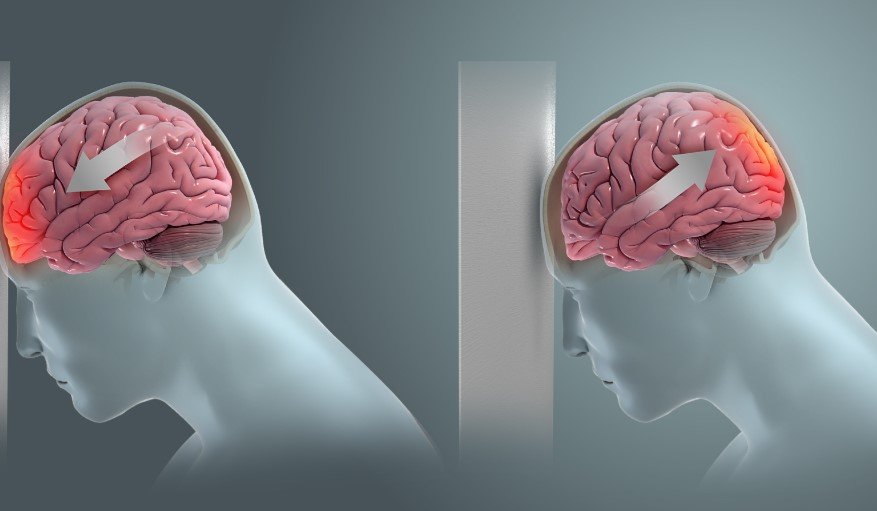A new study reveals that people with moderate to severe head injuries face a higher chance of developing brain cancer later in life. Researchers from Mass General Brigham analyzed data from over 75,000 individuals over two decades, finding this link in a report published just last week.
This discovery builds on growing evidence that traumatic brain injuries can trigger long term health issues. With brain cancer cases on the rise globally, experts say this highlights the need for better monitoring after serious head trauma.
Key Findings from the Latest Research
The study tracked health records from 2000 to 2024. It focused on adults who had experienced different levels of traumatic brain injury.
Results showed a clear pattern. Those with moderate to severe injuries had a higher risk compared to people without any head trauma.
Mild injuries like concussions did not show the same increase. This suggests that the severity of the injury plays a big role in cancer development.
Experts point to inflammation in the brain as a possible cause. When the brain gets hurt, cells can change in ways that lead to tumors over time.

The research appeared in a major medical journal. It adds to earlier studies that hinted at this connection but lacked large scale data.
How Head Injuries Might Lead to Cancer
Head injuries can cause lasting damage. The brain tries to heal, but sometimes this process goes wrong.
Scientists think genetic changes happen during recovery. These changes, combined with swelling, might turn normal cells into cancerous ones.
A study from a few years ago used mice to test this idea. It found that injured brain tissue became more likely to form tumors.
In people, the risk seems highest in the first few years after injury. But some cases appear much later.
Doctors now wonder if routine scans could help catch problems early. This could save lives by spotting tumors before they grow.
Who Is Most at Risk
Certain groups face higher dangers from head injuries. Athletes in contact sports like football often get repeated blows to the head.
Soldiers and veterans also report many traumatic brain injuries from combat. A 2024 study of US military members found their cancer risk nearly doubled after moderate injuries.
Older adults who fall are another key group. As people age, even a simple slip can cause serious harm.
Here are some common causes of head injuries that raise concerns:
- Sports accidents, especially in boxing or soccer
- Car crashes and motorcycle wrecks
- Falls from heights or during daily activities
- Workplace incidents in construction or manufacturing
Knowing these risks can help people take steps to protect themselves. Wearing helmets and using safety gear makes a big difference.
Impact on Public Health and Prevention
This link between head injuries and brain cancer could change how doctors treat patients. More follow up care might become standard after severe trauma.
Public health campaigns are pushing for awareness. Groups like the Brain Injury Association urge better safety rules in sports and schools.
Brain cancer affects thousands each year. In the US alone, about 25,000 new cases happen annually, according to recent health data.
Prevention starts with education. Teaching kids about helmet use and safe play can cut down on injuries.
Communities are stepping up too. Some schools now limit contact in youth sports to lower risks.
What the Numbers Show
To understand the scale, look at this table of key statistics from recent studies:
| Injury Type | Risk Increase | Study Size | Time Frame |
|---|---|---|---|
| Mild TBI | No increase | 75,000+ | 2000-2024 |
| Moderate/Severe TBI | Up to 2x higher | 75,000+ | 2000-2024 |
| Penetrating TBI | Over 3x higher | 2 million veterans | 2024 study |
| Overall brain cancer cases | 25,000 new per year in US | National data | 2025 estimates |
These figures highlight why early action matters. They come from trusted health sources tracking trends over years.
Experts stress that not everyone with a head injury will get cancer. The overall risk remains small, but it’s worth watching.
Steps You Can Take Now
If you have had a head injury, talk to your doctor about symptoms. Watch for headaches, memory issues, or changes in vision.
Regular check ups can spot problems early. Brain scans might be recommended for those with severe past injuries.
Support research by joining awareness events. Groups fund studies to learn more about this link.
Share this article with friends and family to spread the word. What are your thoughts on head injury risks? Leave a comment below and join the conversation.
